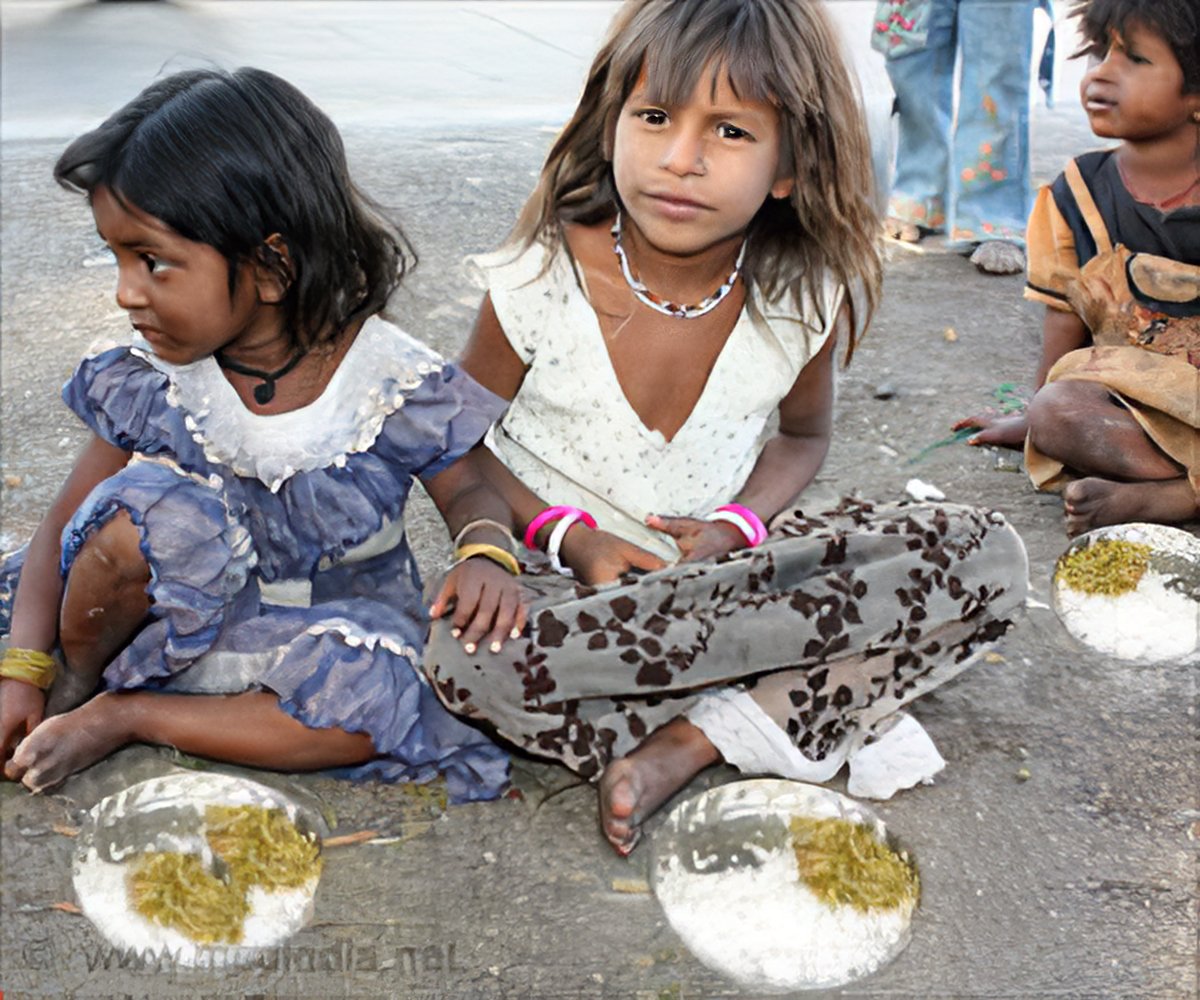India Receives 51 Million Dollars for Reducing Poverty Among Tribal Population

With an aim to reduce poverty, improve livelihoods and food and nutrition security for over 62,000 rural households in the eastern parts of India, the Government has signed a financial agreement with the UN International Fund for Agricultural Development (IFAD).
The agreement was signed by Kanayo F. Nwanze, President of IFAD, Raj Kumar, Joint Secretary, Department of Economic Affairs, Ministry of Finance, Government of India and Surendra Kumar, Commissioner-cum-Secretary, Scheduled Tribes & Scheduled Castes Development Department, Government of Odisha, India.
‘UN International Fund for Agricultural Development (IFAD) provides $51 million to reduce poverty for vulnerable tribal groups in India. ’
The US $51.2 million funds from IFAD will benefit tribal groups living in the forested Eastern Ghats and Northern Plateau regions of Odisha. These people derive their livelihood from shifting cultivation, rainfed agriculture and from gathering non-timber forest products. Agricultural practices are basic and mostly include growing rainfed rice and millet.
The Odisha Particularly Vulnerable Tribal Groups Empowerment and Livelihoods Improvement's $130 million Program will focus on improving access to land, natural resources, agricultural technologies, financial services, markets, productive and social infrastructure, and essential social services. It will also help in incorporating nutrition-sensitive agricultural activities for eliminating malnutrition among the tribal population.
"Vulnerable tribal groups are the most disadvantaged in Odisha State.They fare poorly on all development indicators such as food and nutrition security, literacy and health. Given their high dependence on an ecologically complex natural resource base, they are also highly vulnerable to changing weather patterns," said Rasha Omar, IFAD Country Program Manager for India.
IFAD has invested a total of over $928 million in 27 programs and projects in India, with a total cost of $2.6 billion including cofinancing, directly benefiting 4.4 million households.
Source: Medindia